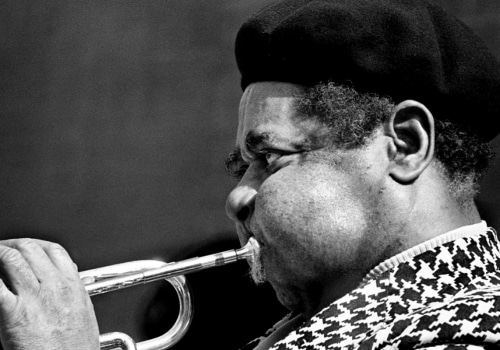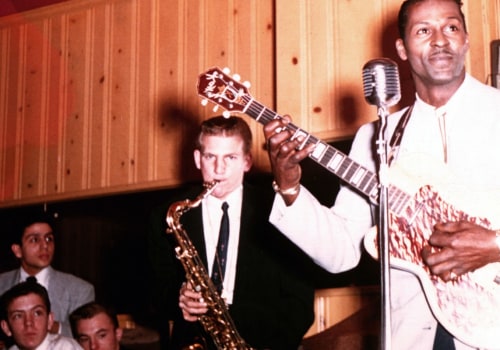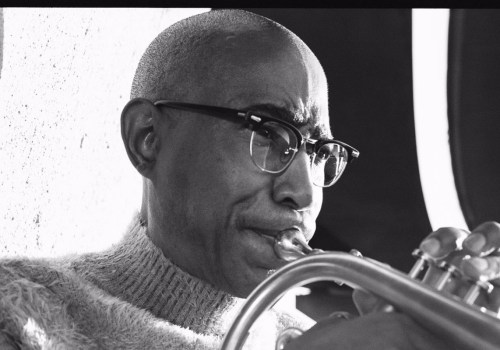Jazz is a genre of music that has been around for centuries, and it has been gaining popularity ever since. It has a unique sound that sets it apart from other genres, and it has a wide range of influences. It has harmony, the notes that make the melody sound fuller, and it has a rhythm, which is the heartbeat of the song. But what really sets jazz apart is its improvisation.
As the brain receives messages from the environment, it releases chemicals to react accordingly. Following the influence of jazz, the brain tends to imitate rhythmically improvisational patterns, which can burst and shake sometimes in sharp measures. This activity in music influences greater hyperactive neural stimulation. Not only does jazz focus on rhythm and melody, but it also gives importance to lyrical interpretation. I like the application of inharmonic chords, which are very stimulating for my brain and my emotions.
Great jazz singers are also experts in exhibiting vocal dynamics, as well as in the ability to change from the lowest to the highest range in a very artistic style. Since stress is at the root of many health problems, the relaxing effect of jazz music can have an incredible healing influence. Physically changes the body by reducing heart and respiratory rates. Jazz has always sought a popular audience with varying success, but since its inception, it has been music that is often performed by musicians for musicians. This has made many listeners impatient with it, feeling that if one practically needs a degree in music theory to appreciate it, its practitioners should not expect the untrained or casual audience to be bothered by it. But on the other hand, its technical pretensions have made jazz a kind of status music with some audiences.
Jazz also has to do with race in the United States, not only because African-American musicians were so central to its creation and the African-American public was so important in their creative responses, but because whites played such a dominant role in its dissemination through records and performance venues and their ownership as intellectual and artistic property. Jazz has generated an international and influential lifestyle, an attitude towards life — the hot, the modern and the cool — that is secular, obsessed with youth, obsessed with the marginalized and detached but passionately egocentric. This attitude of cool and modern has influenced literature, including the production of the so-called jazz-novel and jazz-poetry, as well as art, speech, dress and anti-bourgeois habits of indulgence. Each dimension of jazz described above is the subject of academic and critical study in a variety of fields, including English, history, American studies, musicology, African American studies, Americas studies, and cultural studies. In fact, jazz studies as an interdisciplinary field of research and pedagogy formally exist and have their own magazine, Jazz Perspectives. Regardless of how much jazz has lost today in terms of audience size compared to popular music forms with higher market shares, it has gained in high esteem in business and art as a sophisticated artistic expression (it is often used as background music in business luxury establishments). Jazz also has roots in American popular song (which constitutes a large part of its repertoire), blues, hokum and circus music. The Black Lives Matter movement has inspired a flourishing of socially engaged artistic expressions in jazz (Breathless by Terence Blanchard), popular music (Beyoncé's Lemonade) and hip hop (To Pimp a Butterfly by Kendrick Lamar) that models itself in the artistic vision of jazz. Obviously there are a lot of things that I love and that excite me about jazz music — its improvisation; its acoustic instruments; its ability to sound unique when performed by different artists; its historical calculations; its utopian possibilities; its ability to stimulate our brains; its lack of repetition; its focus on lyrical interpretation; its vocal dynamics; its relaxing effect; its influence on literature; its influence on art; its influence on speech; its influence on dress; its influence on anti-bourgeois habits; its institutionalization as a formal course of study; its use as background music in business luxury establishments; its roots in American popular song; and its influence on socially engaged artistic expressions.
These are some of the main reasons why I love jazz as a genre.







